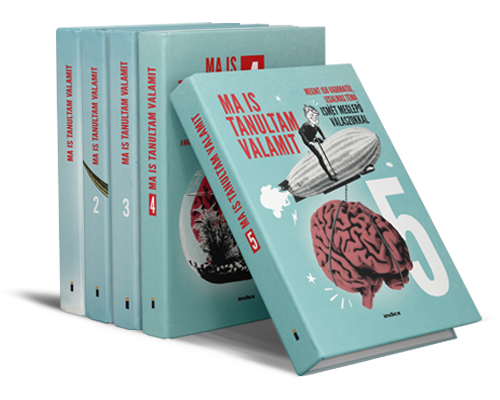When watching the Olympics and other sporting events, we often find ourselves rooting for the underdog, the one in a desperate situation. Just as in fairy tales, for the younger boy who sets out on a wandering journey encounters despair. Yet this emotional choice is, in principle, so blatantly contrary to our interests that why do we support the “back runner” who is unlikely to succeed? Why do we willingly experience disappointment—if we identify so strongly with the underdog—that we can even see it as a personal failure? It would make more sense to feel passionately for the competitors, if only to bask in their glory and boost our own self-esteem.
This strange behavior has already attracted the attention of psychologists, and in a series of experiments it has been clearly proven that the majority of people (whether women or men) cannot resist the desire to root for the weak and the vulnerable, and are excited to see the weak triumph over the strong and the powerful.
In his famous experiment, Joseph Vandello, a researcher at the University of South Florida, Investigation Reactions of students who were first presented with a list of Olympic medals won by five countries: Sweden (469), Bulgaria (195), Belgium (140), Mexico (40), Slovenia (6). Then, before the swimming competition at the 2004 Athens Olympics, they were asked to imagine two of their countries and rate on a scale how much they would like them to be. I see you win The beginning of each country.
Any pair registered by the students,
The country with fewer medals was clearly favored.
If, for example, Sweden is given against Belgium, then Belgium, but if Belgium is given against Slovenia, then Slovenia.
Joseph Vandello and his team didn’t go that far: In another experiment, participants read brief descriptions of two European basketball teams, CSKA Moscow and Maccabi Tel Aviv, in which one team was portrayed as inferior with poor results and the other as weak. A top team with excellent performance. Half of the basketball players from Moscow and the other half from Tel Aviv were judged to be the best. They then watched one of their games and asked the students their opinions about the teams’ play using a questionnaire.
In all cases, they attributed significantly more effort to the team described as the underdog, which – according to them – was trying hard to compensate for the shortcomings it had suffered, and for this reason they also saw themselves as more popular.
The most beautiful joy
What could be behind the good romantic motivation for choosing? More clarification Also born.
First of all, the basic human feeling opposite to compassion, a it is a pityNo matter how we change it, but most of us don't always like to win, and excellent teams that are released well,
It's nice to see the underdog finally deal with them.
But kinship and hatred can change if the quiet team starts losing in a row, and contrary to expectations, for example, about to dieWhen a former star's team unexpectedly enters the underdog club, he can turn things around and win the sympathy of those he once cheered against.
It seems that attraction to the underdog can come from real weakness, and awakens deprivation in most people. feeling of injusticewhich they want to treat.
Let the truth prevail!
We also prefer the weaker because deep down inside us This is what we wantFor the world to be fair, everyone has the same chance to win. Just as the poor boy in fairy tales (e.g., Matti Ludas) outwits the corrupt masters, and the underdogs teach them a lesson in calmness and confidence,
We love these kinds of twists and turns, because they reinforce our deep belief that anything is possible with hard work, determination, and skill.
Like David's miraculous victory over Goliath.
However, money can change everything. In another experiment conducted by Vandelos, participants were asked to choose their favorite sports teams. They were no longer surprised to find that the students mostly favored those who scored the lowest.
But when they were told that the underdog had a lot of money, their appeal diminished dramatically. Since it wasn’t as unlikely as they thought, they immediately withdrew the sympathy and support that came with their failures from the team, saying: If they were financially stretched but still didn’t succeed, it could only be the team’s fault, they didn’t deserve to win for that reason, and they weren’t paying for it.
The best we can do…
Psychologists often find that the unexpected successes of those considered weaker cause people great joy, while the failures of the stronger cause depression.
If only because of the slight possibility of the joy of the gift. Worth it To cheer for the underdog. It's no coincidence that we have so much to lose. There is nothing: If the weaker team loses (according to the paper model), there will be no venting at most. On the other hand, I feel bad when the favorite team fails after cheering for a team of stars, causing great disappointment.
…if we're not connected to the team
However, all experimental findings testing increased empathy for the underdog are valid only if we have no relationship with any of the teams or contestants, and have no emotional ties to them. For example, for the men's Olympic football match between France and Guinea, which the better French team won by only light years (1:0). This year at the Paris Olympics.
Once we are affected, the compassion that ignites for the weaker dissipates, and regardless of the odds, we only support those we love or prefer. In such cases, there is no attraction and no neutral feeling: either we swim in happiness, or we will be in a bad mood.
![]()









